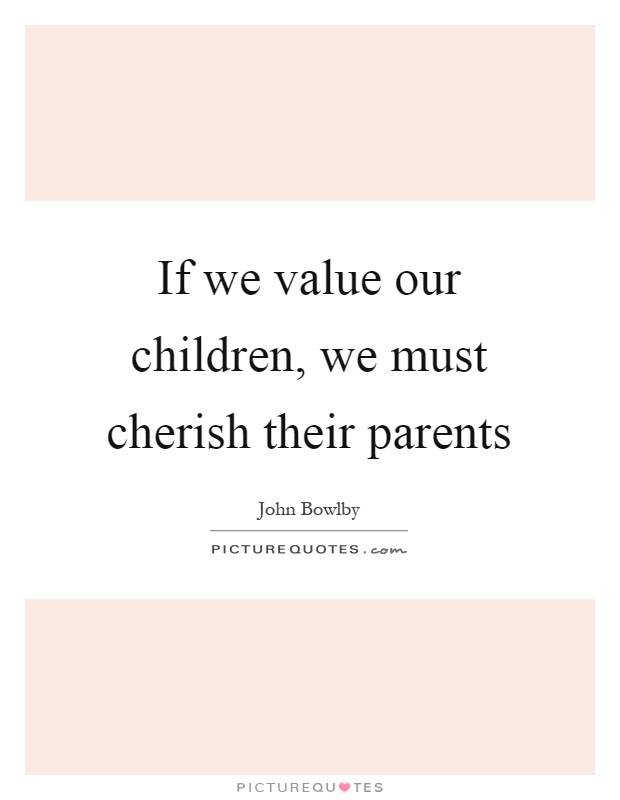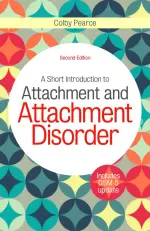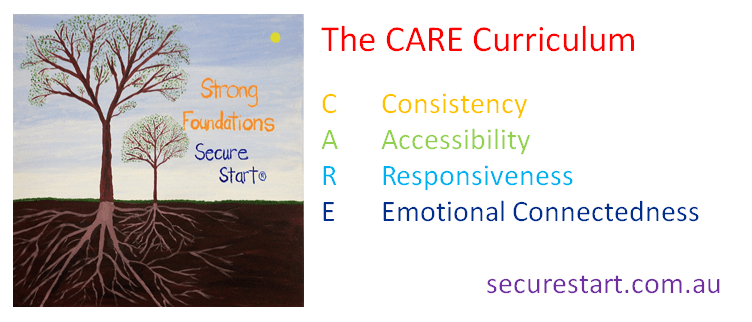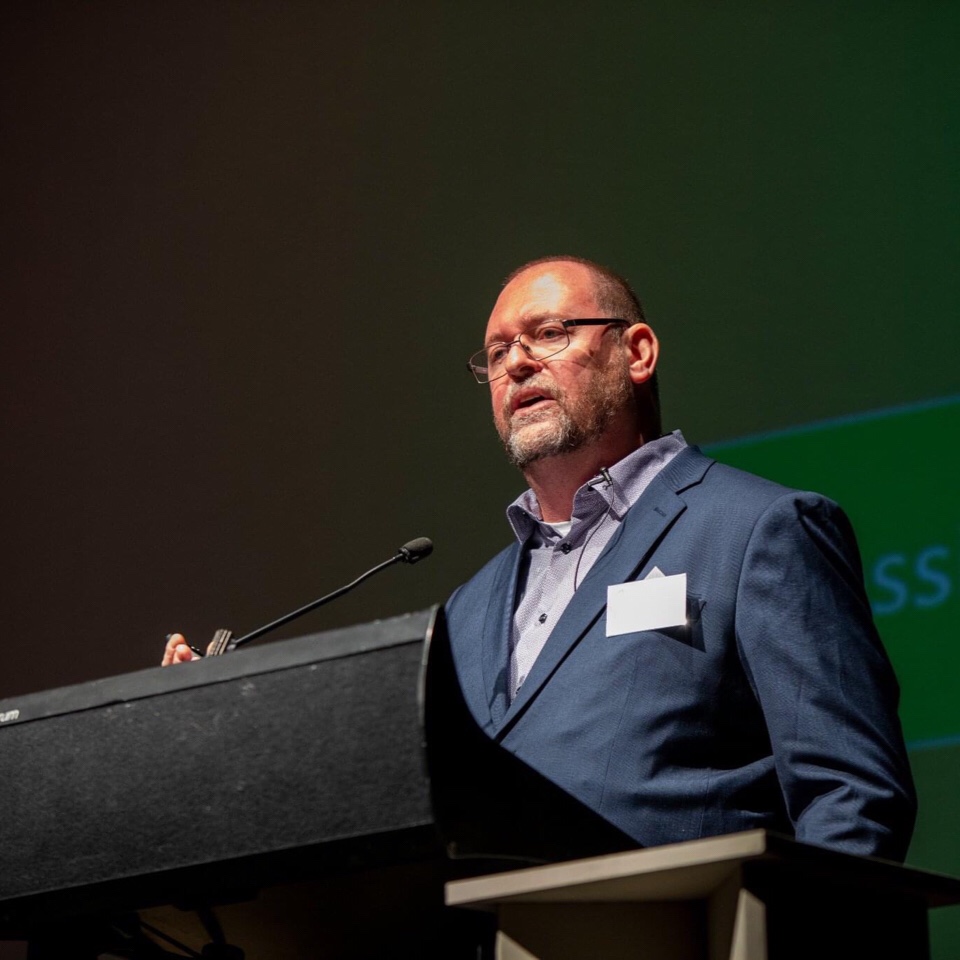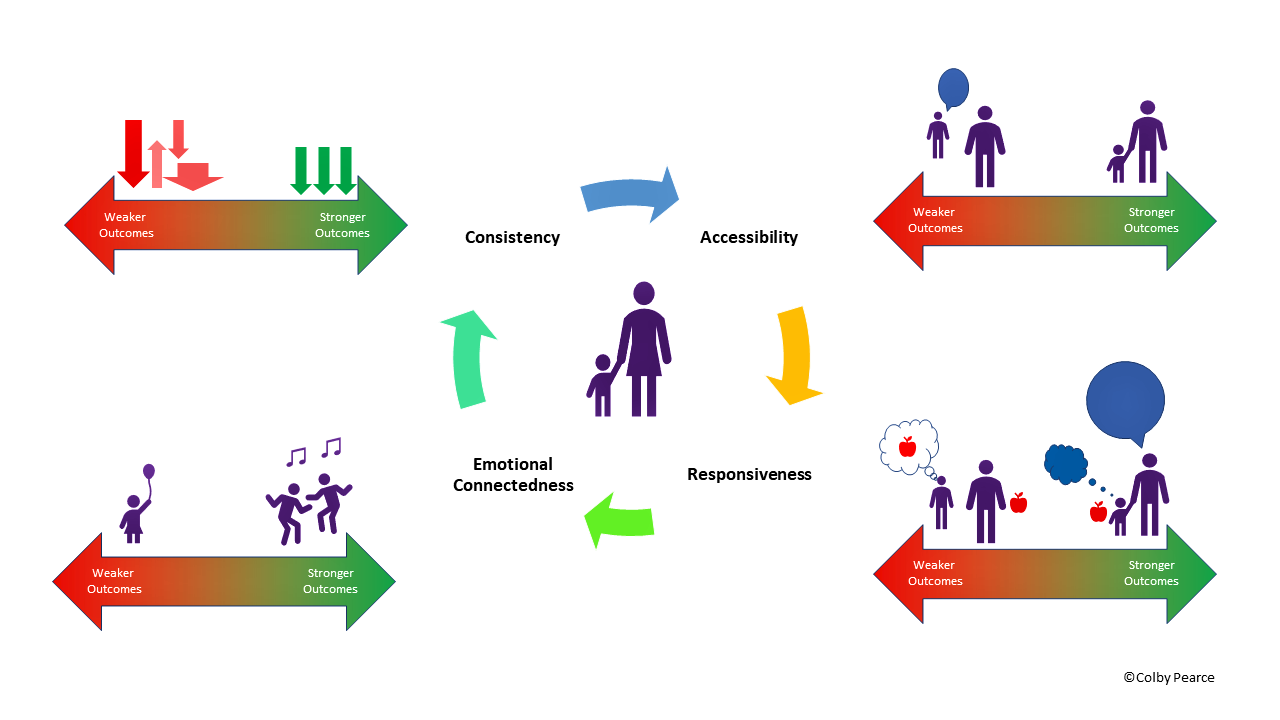In recent posts I have referred to three things that children in out-of-home care need, and need adults who are responsible for their care and welfare to understand, to support their recovery from complex relational trauma. These three things are:
- ‘therapeutic care’
- lots of positive relational connections
- meaningful connection with birth parents/family.
In this blog post I will briefly expand upon each of these needs.
Therapeutic Care
Children and young people who are recovering from complex relational trauma need enriched care to compensate for prior care that was inadequate or adverse. I have written much elsewhere about what this looks like, including in other posts on this site. In short, therapeutic care involves reflection and intentional/mindful action in the provision of care. There is a focus on relational connection and needs-based caregiving, where understanding and responding to the child’s experience is the primary focus. Therapeutic carers project a certain a distinctive quality or atmosphere. They have a certain AURA, in that they are Accessible, Understanding, Responsive, and Attuned.
To read more about why children need ‘therapeutic care’, read here.
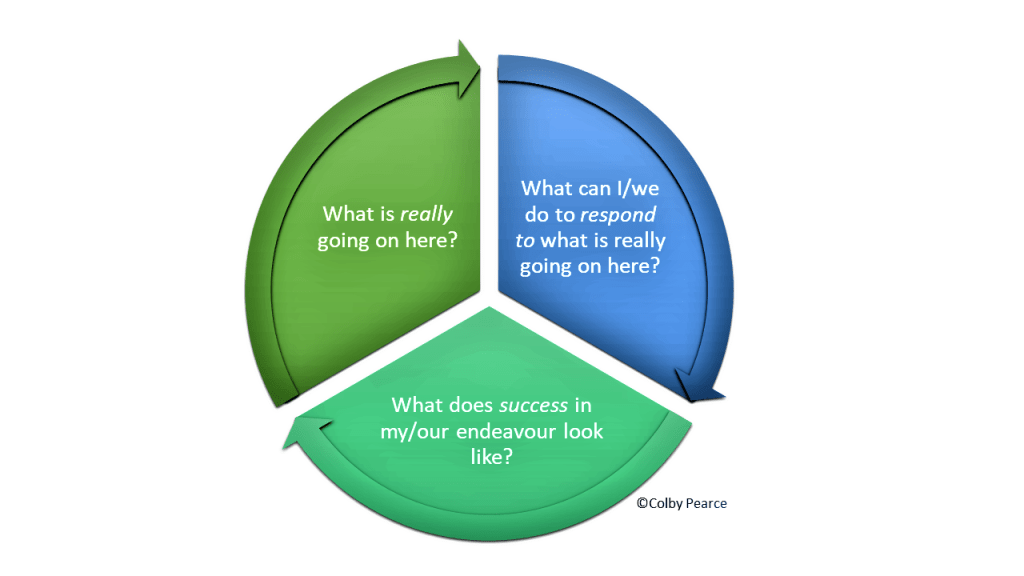
Positive Relational Connections
Children and young people need opportunities to develop lots of positive relational connections. These are required to buffer the impact of fractured connections and negative relational experiences that occur (and have occurred) for children and young people who are recovering from a tough start to life. In my experience it, and as the saying goes, it takes a village. This means that therapeutic caregiving, and associated positive relational connections, should also occur in domains other than the home, especially at school.

Meaningful connection with birth parents/families
In consideration of the aforementioned point and image, it has been my observation, based on 27 years working directly with them, that children and young people benefit greatly from relationship repair (where this is possible and/or appropriate). Relationship repair weakens that negative impact of fractured relationships on the child or young person’s approach to life and relationships. Relationship repair is best able to be realised when birth parents understand the vital role they can continue to have in the lives of the children, though their children might not be in their care (see here), and where those responsible for the care and wellbeing of the child or young person are able to make and maintain a working alliance with birth parents, in consideration of the best interests of the children.
In my experience, children recover best when these three needs are met. In the absence of one or other of these, the intensity of the child or young person’s need in the remaining areas is magnified.

